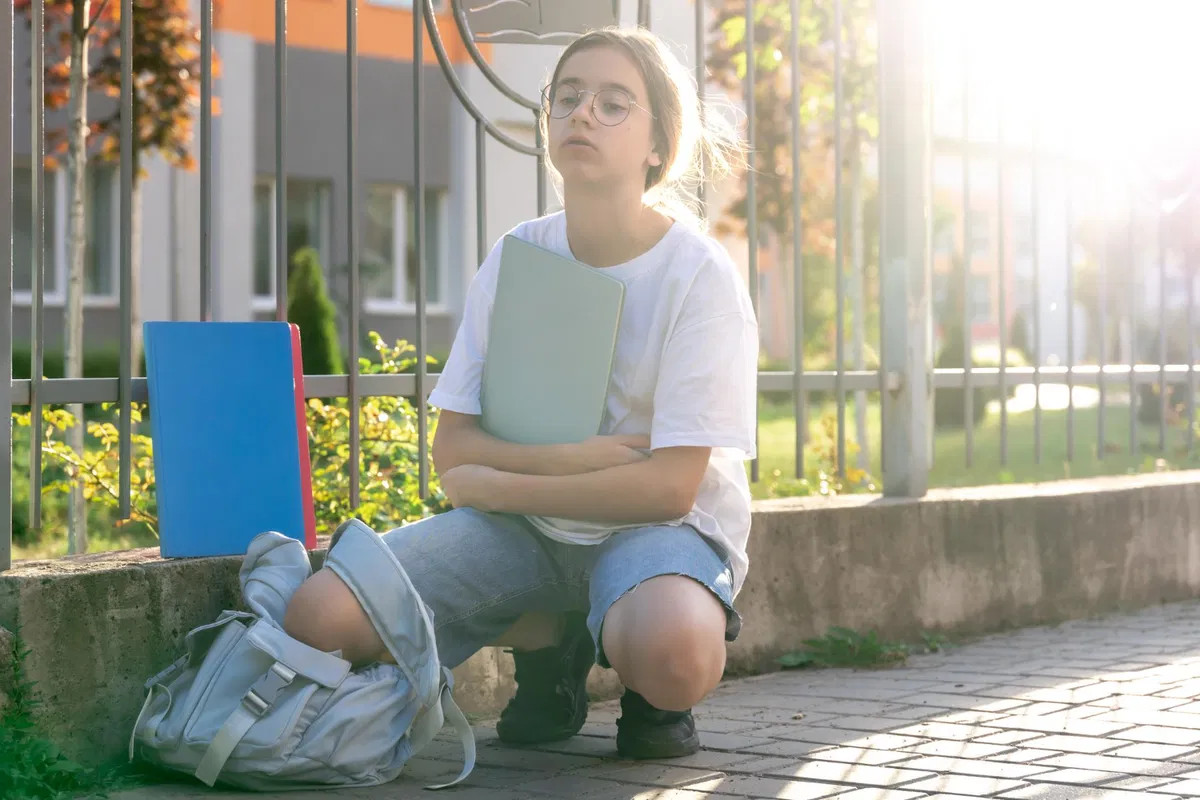By Molly Grace
Copyright euroweeklynews

Teachers’ unions in Alicante have sounded the alarm over what they describe as an unsustainable start to the new school year, marked by stifling classroom temperatures and a shortage of teachers across several levels of education.
Four major unions, STEPV, ANPE, CSIF and CC OO, have formally called for urgent action, warning that unless the problems are addressed swiftly, they will mobilise staff across the province. Their demand was submitted through the non-university teaching personnel board, which has requested an immediate meeting with the Territorial Directorate of Education.
At the centre of the dispute is the heat. Many schools in the province are reporting classroom temperatures well above the legal maximum of 27ºC set by Royal Decree 486/1997, which regulates workplace conditions. Teachers and pupils alike have reported dizziness, heavy sweating and even minor fainting episodes. The unions say that for weeks classrooms have been operating more like greenhouses than learning spaces, with little sign of relief. The causes are varied: poor thermal insulation, inadequate natural and artificial ventilation, and the absence of shade in courtyards. Some schools lack any effective climate control measures, leaving staff and students to endure what union leaders argue are unsafe and unhealthy conditions. They insist the problem is not new but has worsened with increasingly hot early autumn temperatures.
Unions have put forward a list of potential solutions. These include long-term infrastructure improvements, a reorganisation of the school calendar to avoid the hottest months, shorter class durations during heatwaves, and the installation of shaded areas in courtyards. While some measures require investment, they argue others could be implemented swiftly with minimal disruption.
Alongside the heat, the start of the school year has also been overshadowed by a lack of teaching staff. The unions report widespread delays in covering teacher absences, particularly in Vocational Training centres, Conservatories and special regime schools. The shortages are also being felt in primary and secondary classrooms, where students face disrupted lessons and gaps in their learning. Union representatives stress that these two crises, climate and staffing, are combining to create a serious deterioration of working and learning conditions. “We are talking about health, safety and the right of students to a proper education,” one official noted, emphasising that patience is wearing thin among both staff and families.
The unions have warned that if their concerns are not met with concrete commitments during the requested meeting with the education authorities, they will escalate their protests. That could mean public demonstrations, strikes or coordinated action across multiple schools in the province. The Territorial Directorate of Education has yet to issue a formal response, but the issue has sparked widespread debate among parents and local communities. For now, unions say they remain open to dialogue, but underline that solutions must come quickly, before the crisis deepens further.



